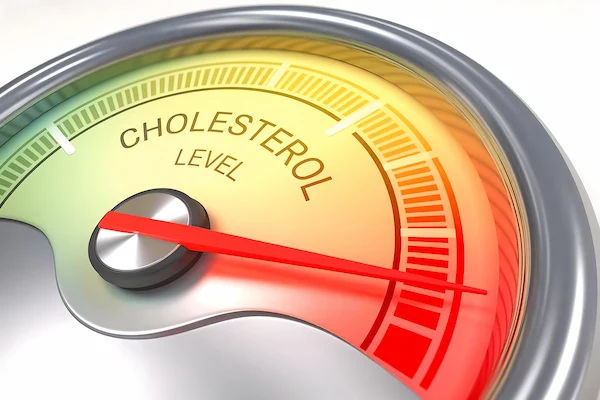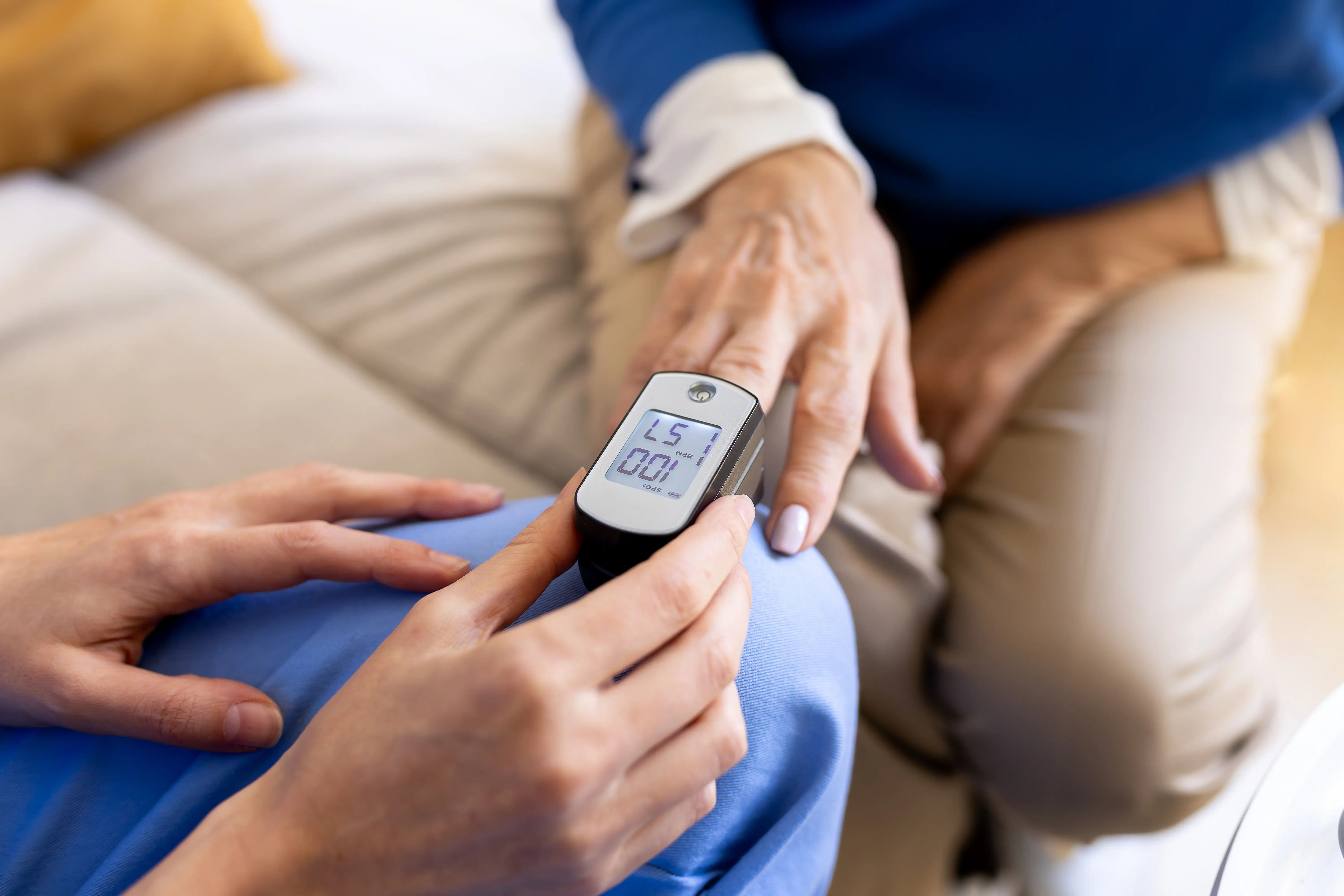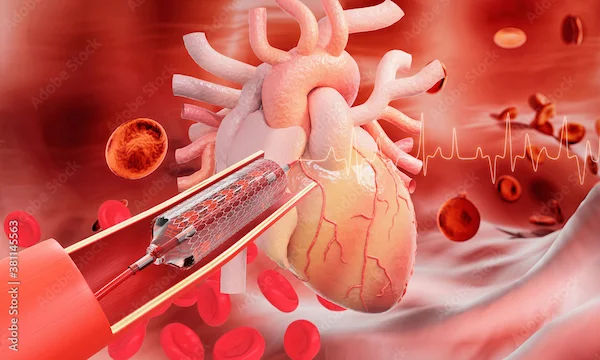- Female
- 20 Years
- 29/01/2025
I had an echocardiography test yesterday, and it didn't hurt at all. But today, I'm feeling a bit of pain on the left side of my chest and my heart feels like it's beating more strongly when I'm lying down. Is this normal after having an echo?
Answered by 1 Apollo Doctors
It is not common to experience chest pain and a sensation of strong heartbeats after an echocardiography test. These symptoms could be due to various reasons such as muscle strain or anxiety. However, if you are experiencing these symptoms, it is important to consult with a healthcare professional for further evaluation and appropriate management.
Dr. Dhankecha Suggests...
Consult a Cardiologist
Answered 04/07/2025
0
0

More Cardiology Health Queries
View allI'm really worried because I've been experiencing tightness in the middle of my chest and breathlessness for quite a long time, almost 8 to 9 months now. I got a chest X-ray and my lungs were clear, but I'm still having these issues. On top of that, my hands tend to get really cold. Could there be something else going on that I should be concerned about?
start steam inhalation and if it still not resolved consult a pulmonologist
Answered by 1 Apollo Doctors
I've been dealing with chest pain for about 8 months now, and even though I got checked out, they didnt find any issues with my heart. I tried taking Myospaz and Pan 40 for a week, but it didnt really help. The pain just keeps coming back regularly. What should I do next?
Ecg and cardiac markers are advised to the patient. Syrup sucralfate 10 ml orally ,thrice daily for 14 days and tab pan d ,before food for 14 days is also advised to the pt.
Answered by 1 Apollo Doctors
Is 150 90 A good blood pressure?
High blood pressure is considered to be 140/90mmHg or higher (or 150/90mmHg or higher if you're over the age of 80) ideal blood pressure is usually considered to be between 90/60mmHg and 120/80mmHg.
Answered by 1 Apollo Doctors
Disclaimer: Answers on Apollo 247 are not intended to replace your doctor advice. Always seek help of a professional doctor in case of an medical emergency or ailment.




